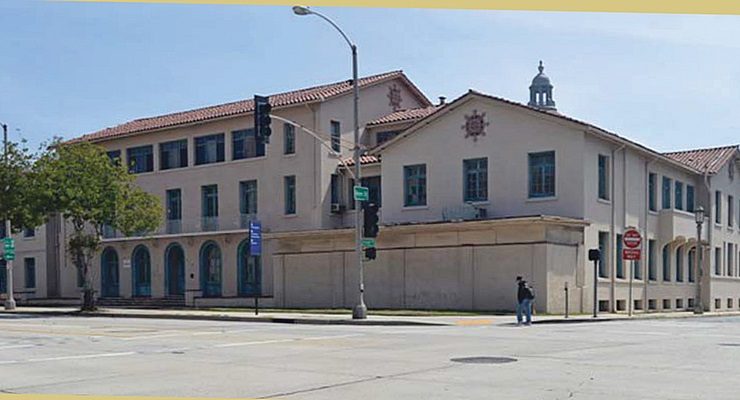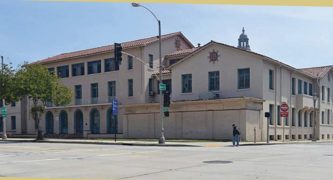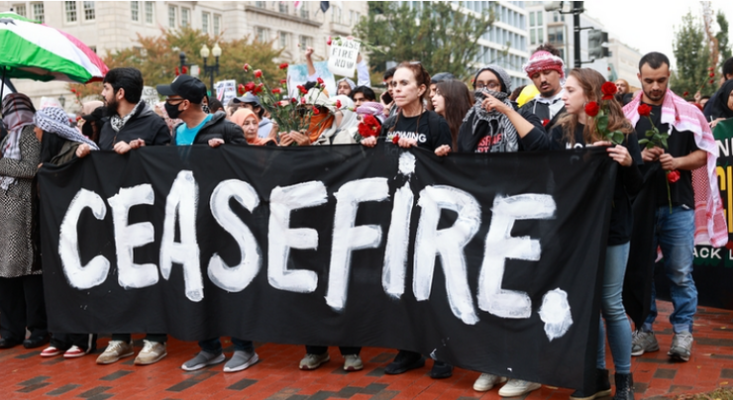
The City Council on Monday is expected to vote to allow the city manager to enter into exclusive negotiations with HRI Properties to develop a housing project at the dilapidated YWCA site.
The developer is proposing a 179-room hotel with 165 rooms in a new 83,000 square-foot building.
“HRI manages 12 hotels and has successfully developed approximately 6,000 hotel rooms as owner, designer, and builder, specializing in adaptive reuse, and currently owns and operates 13 hotels [five from ground-up] with three more under construction and two more under development,’’ according to a city staff report.
“Presently, about 60 percent of HRIs development strategy is focused on adaptive reuse, while the balance represents new construction. Moreover, the financial terms presented by HRI are significantly better than those offered by Edgewood,” the report states. “Understanding that millions of dollars will be needed for rehabilitation of the YWCA building and to have a profitable hotel project, each developer requested a minimum 50-year lease term and a city subsidy to help offset those costs.”
The hotel lobby would be where the YWCA lobby was once located. A full-service restaurant would be placed in the previous YWCA cafeteria, and the ballroom and event spaces would be where the YWCA’s former pool and gymnasium spaces are located.
The upper floors of the historic building would house 14 hotel guestrooms. A separate, adjacent five-story, 165-room building would be constructed with two exterior courtyards and a ground floor pool.
HRI Properties was chosen over Edgewood Realty Partners, according to a city staff report. Although Edgewood is located in nearby South Pasadena, the firm has no prior experience developing a hotel project.
Edgewood requested a city subsidy for the duration of the lease term that would equal up to 97 percent of the gross city revenues generated by the hotel over a 20-year period.
HRI is requesting a subsidy for the initial 12 years of the lease. Over the same 20-year period, this request equates to approximately 41 percent of the gross city revenues on a present value basis.
If the council approves the negotiations, the two sides will negotiate for six months, a period that may be increased by two six-month extensions at the discretion of the city manager.
HRI Properties will be required to submit documentation of its development team with special attention paid to engaging an architect with an understanding of the significance of the city’s Civic Center, financial capacity, and other disclosures as may be required by the city.
A development agreement will establish essential terms and conditions of the project transaction, including disposition of the property, environmental requirements, project concept, scope of the development, schedule of performance, a financing plan, city financial assistance, and city policies and regulations.
Following the conclusion of the public subsidy meeting, the negotiated lease agreement will be presented to the council for approval in open session.
The city purchased the YWCA building, designed by famed architect Julia Morgan, seven years ago through eminent domain for $8.6 million. At that point, the now 97-year-old structure had fallen into serious disrepair, having changed ownership in1996.
Morgan, the first licensed woman architect in California and the first woman admitted to the architecture program at the École des Beaux-Arts in Paris, designed the YWCA in the early 1920s, with the building completed in 1923.
But since the city’s acquisition of the historic structure, it has remained unused and Pasadena officials have not recouped the money spent to buy it.
In 2017, preservationists opposed the idea of turning the building into a 127,192 square-foot, 60-feet high, 181-room hotel.
That project was eventually scrapped when the developer asked for a $30 million subsidy to help cover increasing costs on the project. If it had been approved, the subsidy would have provided the developer with decades of free rent and parking.
After that, local activists began calling on the City Council to use the project for affordable housing.














 0 comments
0 comments


